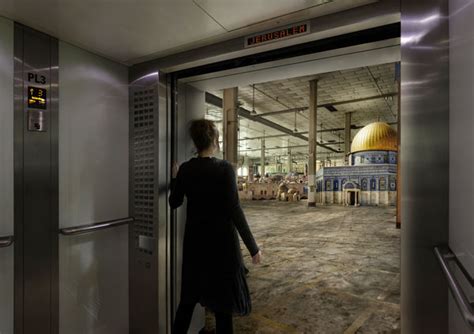A Quote by Robert J. Sawyer
Science fiction has never been about the future; it's always been about the present day whether it's Victorian England that Wells was writing about or the post-9/11 era that I'm writing about.
Related Quotes
It had also been my belief since I started writing fiction that science fiction is never really about the future. When science fiction is old, you can only read it as being pretty much about the moment in which it was written. But it seemed to me that the toolkit that science fiction had given me when I started working had become the toolkit of a kind of literary naturalism that could be applied to an inherently incredible present.
The secret to writing is writing. Lots of people I know talk about writing. They will tell me about the book they are going to write, or are thinking about writing, or may write some day in the future. And I know they will never do it. If someone is serious about writing, then they will sit down every day and put some words down on paper.
That's one thing brands are understanding is, I'm the blogger who's not writing about fashion. I'm not writing about beauty. I'm not writing about gossip. I'm not writing about politics. I'm writing about all of that. I'm the person they can come to if they just want to reach people who care and have their fingers on pop culture.
As both an essayist and science fiction and fantasy novelist, I write about and for the future. I talk about the past to remind us that what we believe has always been true - that men and women are somehow static categories, or that men in power has always been the default, or that same-sex love affairs were always taboo - has not always been thus.
People have reflected on the quality of time ever since they've been writing. I suppose I have thought about and written about the question of living in the present - but it only lasts for an instant, and then everything becomes the past. The future, you know nothing about, except for some anticipations you have.
Science fiction also provides a sense of nostalgia that is always present when it comes to Palestine, in that whenever we talk about Palestine, it is never in the present, but either remembering a past or imagining a better future. Submitting gritty Middle Eastern politics to high production sci-fi in this manner not only underlines the absurdity of the situation, but brings about a dystopian future scenario.
To be a science fiction writer you must be interested in the future and you must feel that the future will be different and hopefully better than the present. Although I know that most - that many science fiction writings have been anti-utopias. And the reason for that is that it's much easier and more exciting to write about a really nasty future than a - placid, peaceful one.





































